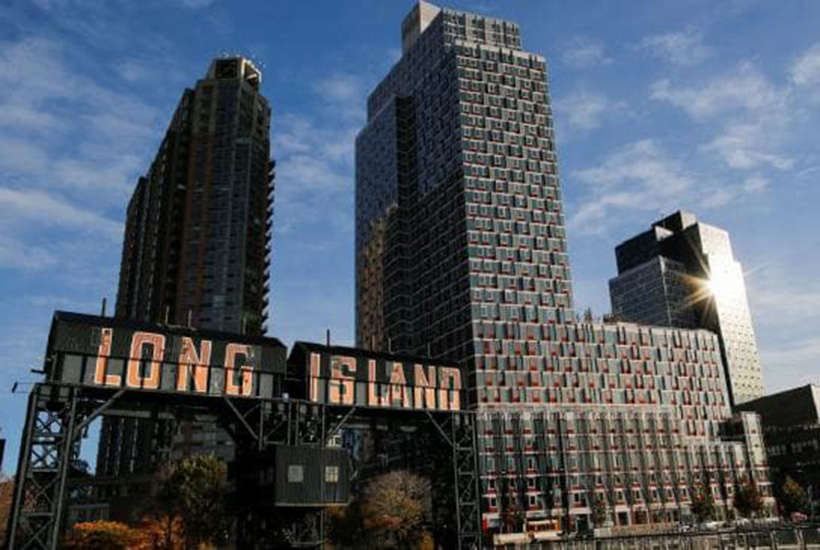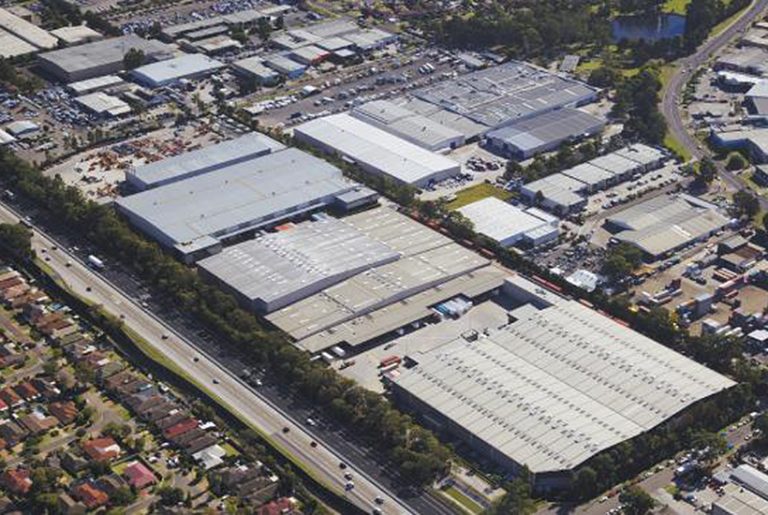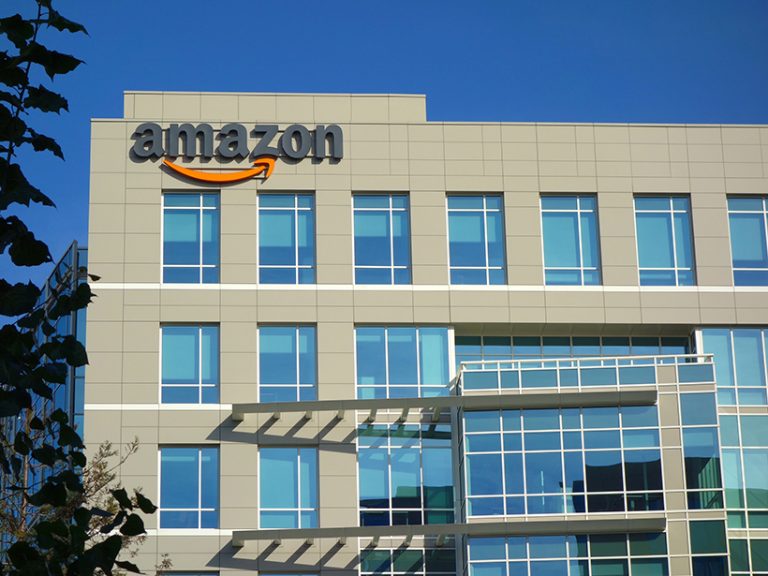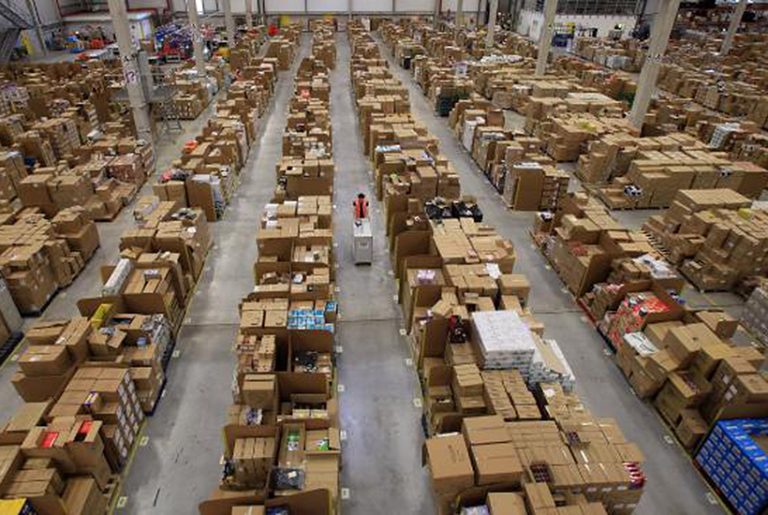Amazon announces locations for next two HQs

New York City and northern Virginia will be the homes for Amazon’s second and third headquarters, ending a more than year-long public contest that started with 238 candidates and ended with a surprise split of the company’s so-called HQ2.
The imminent announcement is expected as soon as today, according to sources. Other cities may also receive major sites.
Amazon is dividing the second headquarters evenly between New York’s Long Island City and Arlington County’s Crystal City neighbourhoods, both located directly across from major city centres. The decision effectively gives Amazon a major presence in three coastal cities.
Commercial Insights: Subscribe to receive the latest news and updates
Amazon declined to comment.
The online retailer began the search across North America in September last year, with the aim of creating a second, equal headquarters to its home base in Seattle. It had said the new location would house roughly 50,000 jobs and represent billions of dollars in investments.
Amazon narrowed the contest to 20 finalist cities in January, then asked for reams of data and made whirlwind two-day site visits, during which cities tried to impress the company’s economic development team.
The Wall Street Journal first reported earlier this month that Amazon had reached late-stage negotiations with locations including Crystal City in northern Virginia, Dallas and New York. Meanwhile, conversations had cooled with cities including Raleigh, North Carolina, Denver and Toronto.
Then came the big surprise a week ago when the WSJ first reported Amazon planned to split its second headquarters evenly between two locations rather than picking one city. The change in plans came after Amazon executives concluded they could recruit more of the best tech talent if they spread the office over two locations. And by halving the size, Amazon would help ease potential issues with housing, transit and other areas where adding tens of thousands of workers could cause problems.

Amazon will open two new headquarters in the United States.
The decision to split what was deemed one of the largest economic development projects in recent history triggered a flurry of criticism about Amazon’s original intentions but also fresh hopes.
A number of city officials said they would have tailored their proposals to match that need, while others said they thought it increased their city’s chances.
The split also raised questions about how equal the two new locations will be with Amazon’s Seattle base, which employs more than 45,000 people.
Amazon factored in a host of qualifications for the selection of its new headquarters sites, including access to mass transit, proximity to an airport with direct flights to and from Seattle and — perhaps most importantly — a pool of available tech talent nearby.
Amazon also weighed whether it would be one of the largest companies in a city, something that might make it a magnet for the same kind of scrutiny it receives in Seattle over social problems. It also hoped to show an actual economic impact through its investments in a new area, highlighting its job creation abilities.
Some economic development experts scratched their heads at Amazon’s decision to make the process public, which resulted in complicating factors including a longer-than-usual shortlist and speculative real estate purchases around proposed sites. It has also brought more scrutiny to potential incentives Amazon might receive to locate in certain areas.
Still, the process has resulted in a year of positive publicity, highlighting Amazon’s ability to create jobs and investments, even as the company has faced critics ranging from President Donald Trump to senator Bernie Sanders, who have called out the company over issues such as wages.
“This was really a platform for Amazon to market its transition from traditional e-commerce” into a major tech company creating jobs across industries, says John Boyd, principal at site-selection consultancy the Boyd Co. “It was also a platform for cities to promote themselves to a global audience.”
– with Laura Stevens and Katie Honan
The Wall Street Journal
This article originally appeared on www.theaustralian.com.au/property.







